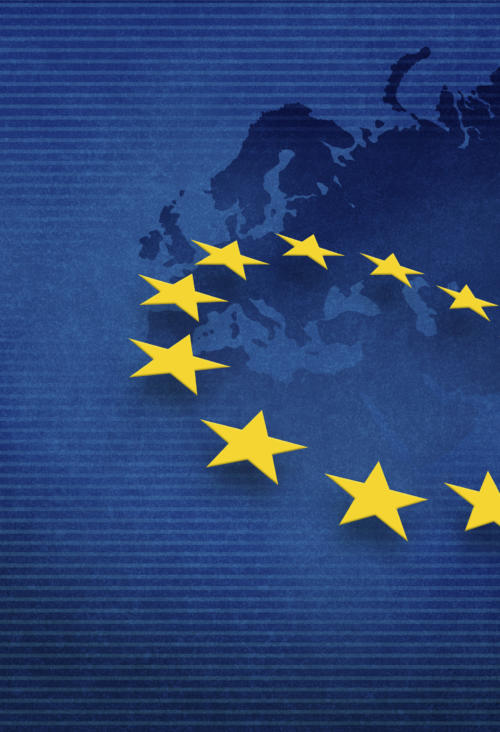Tax certainty
Published: 24 April 2017

ECOFIN considered on 10 April 2017 a discussion paper prepared by the Maltese presidency on Tax Certainty in a Changing Environment. The paper argues that there is a clear recognition internationally that tax certainty is not only needed but also desirable given its direct impact on investment and that as with other tax-related initiatives aimed at achieving growth, the EU should take the necessary steps to encourage such developments. Against this background, the Maltese presidency would like to promote the debate on ways to improve tax certainty in support of the EU's attractiveness as a place for doing business. The OECD and the IMF also recently produced a comprehensive study on Tax Certainty. The study highlights that the risk of tax uncertainty (in corporate income tax and VAT systems) has adverse effects on investment and trade and provides new information from an extensive global survey by the OECD of more than 700 businesses. Over 60 percent of respondents to the OECD business survey indicated that uncertainty in tax treatment is very important (but not the most relevant factor) to investment and location decisions. The main sources giving rise to uncertainty included: (i) bureaucracy to comply with tax legislation; (ii) concerns over the inconsistent approaches of different tax authorities towards the application of international tax standards; (iii) issues associated with dispute resolution mechanisms; (iv) complex and poorly drafted legislation and frequency of change; and (v) inability to achieve certainty through rulings or advance pricing agreements. The study also advances TRACE (Treaty Relief and Compliance Enhancement) which was adopted by the OECD in 2013 as a relatively low-cost technical solution to withholding tax uncertainty by facilitating improved processing of treaty benefits. It argues that, as the TRACE system is based on the same infrastructure and technical solutions as the Common Reporting Standard (CRS), the additional costs of implementing TRACE should be minimal for governments and financial institutions. For further information, please contact Paul Hale or Enrique Clemente.








